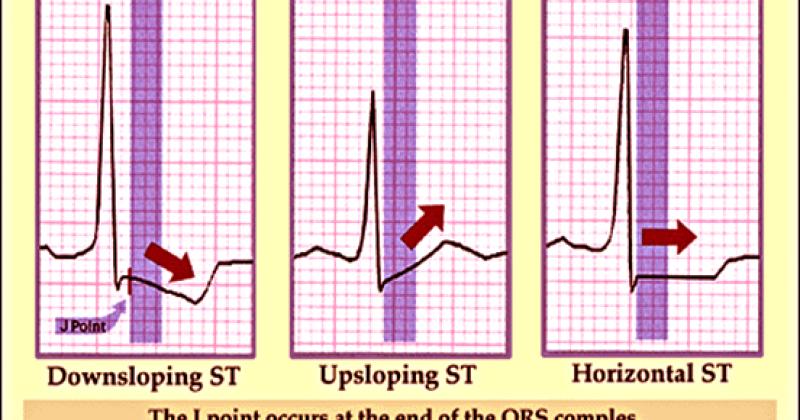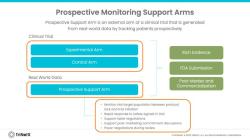What are the common causes of an abnormal ECG?
An electrocardiogram (ECG or EKG) is a test that records the electrical activity of the heart over a period of time. An abnormal ECG can indicate various cardiac and non-cardiac conditions. Here are some common causes of an abnormal ECG:
Arrhythmias: Irregular heart rhythms, such as atrial fibrillation, ventricular tachycardia, or bradycardia, can result in abnormal ECG patterns.
Ischemia: Reduced blood flow to the heart muscle, often due to coronary artery disease, can lead to changes in the ECG. This may include ST-segment depression or elevation.
Myocardial Infarction (Heart Attack): A heart attack can cause specific changes in the ECG, including ST-segment elevation, indicating injury to the heart muscle.
Hypertrophy: Enlargement of the heart, often due to conditions like hypertension or cardiomyopathy, can result in changes in the ECG patterns.
Conduction Abnormalities: Disorders affecting the electrical conduction system of the heart, such as bundle branch blocks or heart block, can cause abnormal ECG readings.
Inflammation of the Heart (Myocarditis or Pericarditis): Conditions involving inflammation of the heart muscle or the lining around the heart can lead to changes in the ECG.
Electrolyte Imbalances: Abnormal levels of potassium, calcium, or magnesium in the blood can affect the heart's electrical activity and result in abnormal ECG findings.
Drug Side Effects: Certain medications, especially those affecting the heart, can cause changes in the ECG. For example, antiarrhythmic drugs can alter the heart's electrical signals.
Valvular Heart Disease: Conditions affecting the heart valves, such as stenosis or regurgitation, can contribute to abnormal ECG patterns.
Cardiomyopathies: Diseases of the heart muscle can lead to abnormal ECG readings.
It's important to note that an abnormal ECG doesn't always indicate a serious or life-threatening condition. Sometimes, it may be due to factors like anxiety, stress, or incorrect placement of leads during the test. Interpreting an ECG requires medical expertise, and any concerns about abnormal findings should be discussed with a healthcare professional who can provide a thorough evaluation.
Cardiac diagnostics: What are the common causes of an abnormal ECG?
An electrocardiogram (ECG) is a noninvasive test that records the electrical activity of the heart. It is a valuable tool for diagnosing a variety of heart conditions, including:
- Arrhythmias: Irregular heart rhythms, such as atrial fibrillation, ventricular tachycardia, and bradycardia.
- Heart block: A condition in which the electrical signals are not properly transmitted through the heart, causing the heart to beat too slowly or irregularly.
- Myocardial infarction (heart attack): Damage to the heart muscle caused by a lack of blood flow.
- Pericarditis: Inflammation of the sac that surrounds the heart.
- Electrolyte imbalances: Abnormal levels of electrolytes in the blood, such as potassium, sodium, calcium, or magnesium, can affect the heart's electrical activity.
Overview of conditions and factors contributing to abnormal electrocardiograms
An abnormal ECG can be caused by a variety of conditions and factors. Some of the most common causes include:
- Coronary artery disease: A narrowing of the arteries that supply blood to the heart muscle.
- Heart valve disease: Damage to the heart valves that can affect the flow of blood through the heart.
- Hypertension (high blood pressure): High blood pressure can damage the heart muscle and arteries.
- Diabetes: Diabetes can damage the nerves and blood vessels that control the heart.
- Medications: Some medications can affect the heart's electrical activity.
- Stress and anxiety: Stress and anxiety can trigger irregular heart rhythms.
- Dehydration: Dehydration can affect the concentration of electrolytes in the blood, which can affect the heart's electrical activity.
Insights into the diagnostic significance and implications of abnormal ECG findings
An abnormal ECG can be a valuable clue in diagnosing a variety of heart conditions. However, it is important to note that an abnormal ECG does not always mean that there is a serious heart condition present. In some cases, an abnormal ECG may be caused by a benign condition, such as stress or anxiety.
The diagnostic significance of an abnormal ECG depends on the specific findings. Some ECG findings are more specific for certain heart conditions than others. For example, an ST-segment elevation on an ECG is a hallmark of a heart attack.
The implications of an abnormal ECG also depend on the specific findings. Some abnormal ECG findings may require further evaluation, such as an echocardiogram or a stress test. Other abnormal ECG findings may require treatment, such as medication or surgery.
If you have an abnormal ECG, it is important to see a doctor to determine the cause and discuss the implications.
Here are some additional insights into the diagnostic significance and implications of abnormal ECG findings:
- An abnormal ECG can help to diagnose a heart condition even if there are no symptoms present.
- An abnormal ECG can help to predict the risk of future heart problems.
- An abnormal ECG can help to guide treatment decisions.
If you have any concerns about your heart health, talk to your doctor about getting an ECG.











